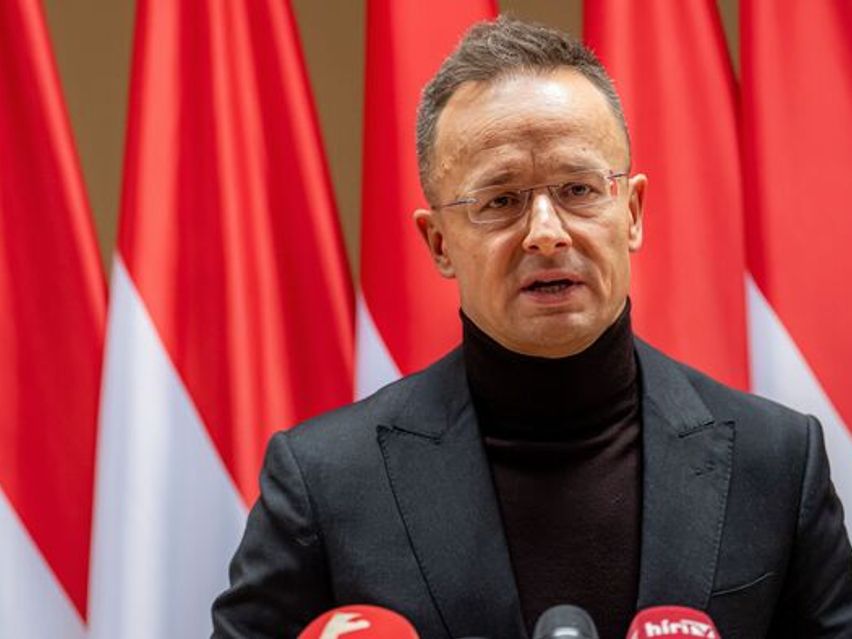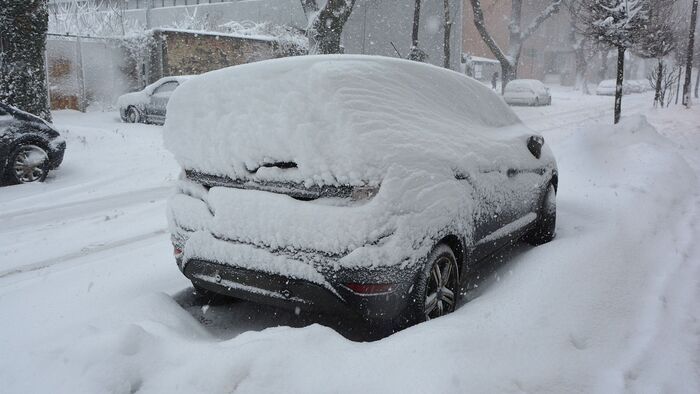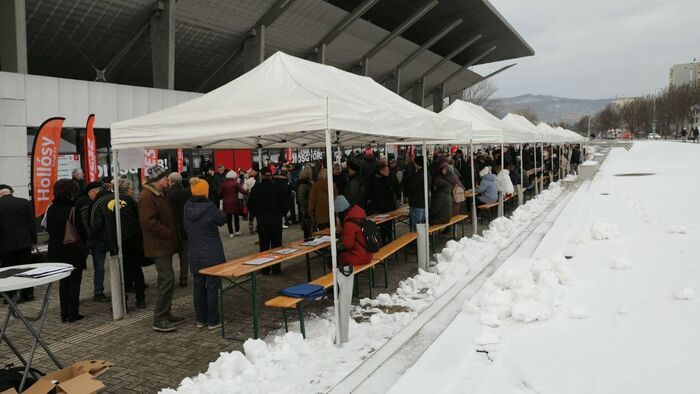Ukraine’s accession to the European Union would take a heavy toll on the entire EU economy. According to Világgazdaság, the EU’s agricultural budget is limited, which is why the National Chamber of Agriculture (NAK) factored this into its assessment of Ukraine’s potential membership. Their findings indicate that Ukraine’s accession would divert a significant portion of the EU's agricultural subsidies away from member states, including Hungary and Hungarian farmers. According to the organization, even the mere intention to join raises serious concerns.
The size of Ukraine’s farmland is nearly one-third of the EU’s total arable land, cultivated with strong Western capital investment and advanced technology. In recent years, Ukrainian goods have flooded EU markets—so much so that, before the war, Hungary imported $5 million worth of grain from Ukraine, a figure that skyrocketed to over $400 million in 2022 following the outbreak of the conflict. In addition, vast quantities of oilseeds, poultry, and eggs have also entered the market.
If, on top of this, agricultural subsidies are reduced—primarily to prepare for Ukraine’s EU accession—the consequences for European farmers would be irreversible.
NAK points out that roughly one-third of Ukraine’s farmland is controlled by a handful of agribusiness giants, with each holding several hundred thousand hectares. Moreover, Western-backed companies operating in Ukraine enjoy a significant advantage, as they are not required to comply with the strict food safety and animal welfare regulations imposed on other EU nations in order to receive subsidies and remain competitive.
PM Orban warns that Ukraine's agriculture could "swallow up" the Hungarian, the Polish, and even the entire European market if the European Commission does not adjust its approach to EU-Ukraine economic relations after the war. His concerns are further fueled by the growing presence of foreign capital in Ukraine’s agri-food sector.
According to the agricultural chamber, the high concentration of Ukrainian agribusinesses allows them to shift production swiftly and easily, as seen in the sugar beet industry. And the same could happen with potatoes and tomatoes, further increasing the risk of market dumping beyond wheat, corn, poultry, and eggs. Based on these findings, NAK has concluded that Ukraine’s potential EU accession would threaten the livelihoods of European farmers.






















Szóljon hozzá!
Jelenleg csak a hozzászólások egy kis részét látja. Hozzászóláshoz és a további kommentek megtekintéséhez lépjen be, vagy regisztráljon!